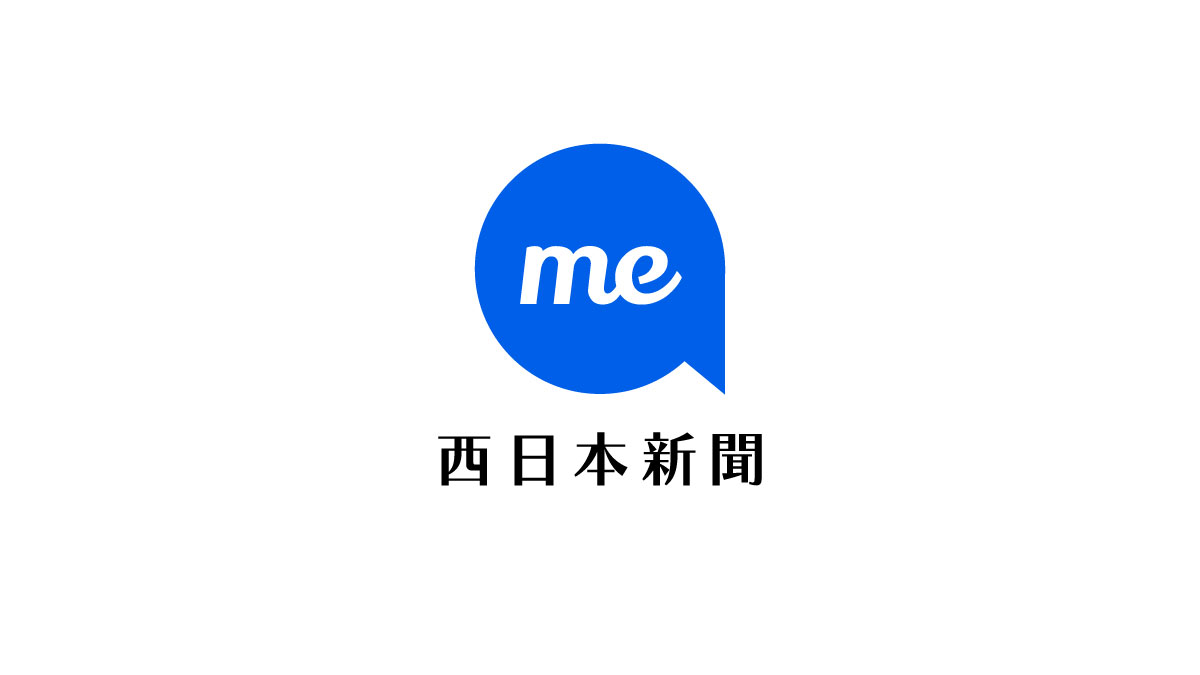**China Stands Firm Against Trump’s 100 Percent Tariff Threat, Urges Negotiations**
*BEIJING –* China signaled on Sunday that it will not back down in response to President Donald Trump’s threat of imposing a 100 percent tariff on imports from China. The Chinese Commerce Ministry urged the US to resolve differences through negotiation rather than threats.
“China’s stance is consistent,” the Commerce Ministry said in a statement posted online. “We do not want a tariff war but we are not afraid of one.”
The statement came just two days after President Trump threatened to raise tariffs on Chinese imports by November 1. This threat was a reaction to China’s new restrictions on the export of rare earth minerals — key components used in numerous consumer and military products.
### Tensions Threaten US-China Meeting and Trade Truce
The escalating tensions risk undermining a potential meeting between President Trump and Chinese leader Xi Jinping, potentially ending a trade truce that saw tariffs on both sides briefly top 100 percent in April.
Throughout the year, Trump has increased import taxes on goods from multiple US trading partners with the aim of securing trade concessions. China, however, has remained resilient, relying on its significant economic clout.
“Frequently resorting to the threat of high tariffs is not the correct way to get along with China,” the Commerce Ministry emphasized in its online post, presented as responses from an unnamed spokesperson to media inquiries. The statement called for resolving concerns through dialogue.
“If the US side obstinately insists on its practice, China will be sure to resolutely take corresponding measures to safeguard its legitimate rights and interests,” the post warned.
### Rare Earths: A Critical Point of Contention
Both China and the US accuse each other of violating the spirit of their truce by imposing new trade restrictions. President Trump has accused China of becoming “very hostile” and accused it of “holding the world captive” by restricting access to rare earth metals and magnets.
China recently implemented regulations requiring foreign companies to obtain special approval to export products containing even trace amounts of rare earth elements sourced from China. These critical minerals are essential for a wide range of products, including jet engines, radar systems, electric vehicles, laptops, and smartphones.
China currently accounts for nearly 70 percent of the world’s rare earth mining and controls approximately 90 percent of global rare earth processing, making access to these materials a key issue in ongoing trade negotiations between Washington and Beijing.
The Commerce Ministry clarified that export licenses would be issued for legitimate civilian uses but noted that these minerals also have military applications.
### Retaliation and Ongoing Disputes
The Ministry also accused the US of introducing new restrictions in recent weeks. These include expanding the list of Chinese companies subject to US export controls and moving forward with new port fees on Chinese ships, set to take effect on Tuesday.
In response, China announced on Friday that it would impose corresponding port fees on American ships.
The escalating tit-for-tat measures underscore the fragile state of US-China trade relations as both countries continue to assert their economic and strategic interests.
*AFP*
https://kashmirreader.com/2025/10/13/china-vows-to-stand-firm-against-trumps-100-tariff-threat/
